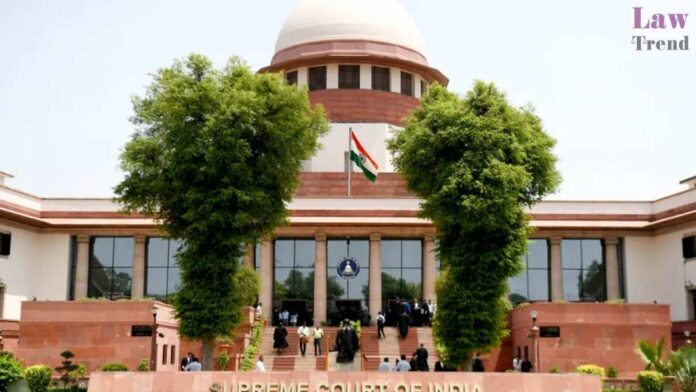In a significant opinion under its advisory jurisdiction, a Constitution Bench of the Supreme Court has clarified the powers of the Governor and the President regarding the assent of Bills under Articles 200 and 201 of the Constitution. The Bench held that a Governor cannot withhold assent to a Bill simpliciter; they must return the
To Read More Please Subscribe to VIP Membership for Unlimited Access to All the Articles, Download Available Copies of Judgments/Order, Acess to Central/State Bare Acts, Advertisement Free Content, Access to More than 4000 Legal Drafts( Readymade Editable Formats of Suits, Petitions, Writs, Legal Notices, Divorce Petitions, 138 Notices, Bail Applications etc.) in Hindi and English.




